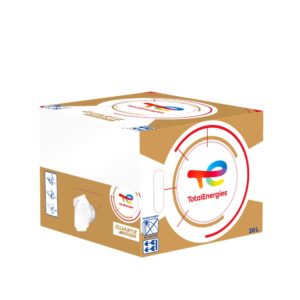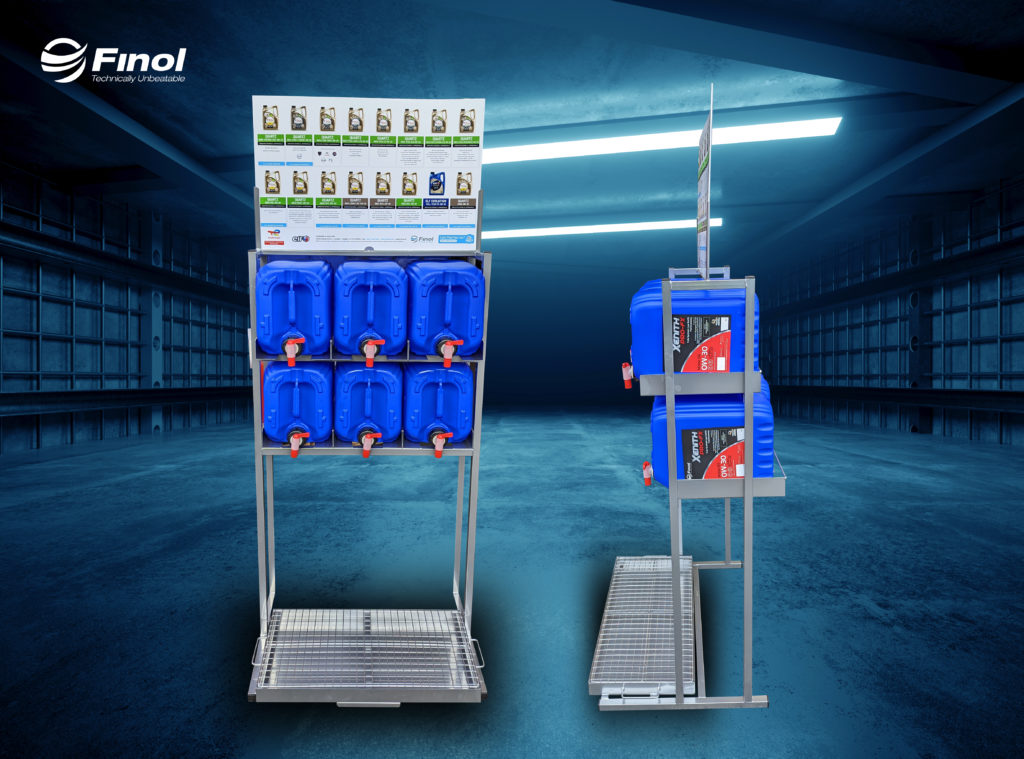The automotive industry has undergone significant transformations in recent years, impacting not only vehicle design and technology but also the realm of engine lubricants. These technological advancements although beneficial for customers, can initially seem confusing given the complexities of engine oils. A pivotal factor that has undergone substantial evolution profoundly influencing engine designs is the rise and widespread acceptance of synthetic oils. In contrast to traditional mineral oils, synthetic oils can be precisely engineered to maintain stable viscosity across a wider temperature range, delivering superior performance in both high and low-temperature conditions. This adaptability allows for advancements in engine performance and limitations, i.e. Stop-Start Technology.

The advent of synthetic oils has paved the way for the introduction of lower-viscosity oil grades such as 0W-20, 0W-30, and even 0W-16 and 0W-8. These lower-viscosity oils contribute to enhanced fuel efficiency, reduced engine wear, and lower carbon emissions. As a result, manufacturers have been able to design engines in recent decades to be more powerful, efficient, and capable of operating under increased pressure and temperatures. This evolution is grounded in the understanding that modern synthetic oils, unlike older mineral, semi-synthetic, or initial synthetic oils, have the capability to retain their protective qualities even when subjected to the extreme conditions and demands that modern engines require.
Over the past few decades, collaboration between engine manufacturers and lubricant producers has been instrumental in developing both the engine and specific additives tailored to blend seamlessly with these new oils to optimise the performance of their respective engines. This collaboration explains why various Original Equipment Manufacturers (OEMs) recommend distinct oils best suited for their specific components to address the intricate requirements of their engines. Indeed, many brands now offer a range of oil recommendations across their various vehicles, tailoring the suggestions based on the specific engine and performance requirements of each vehicle model. Consequently, there can be numerous variations of the same viscosity or even the same viscosity with international specifications like ACEA or API. E.g. there are numerous different versions of an ACEA C3 5W-30 on the market with a varying array of OEM approvals and specifications.
Ditching the ‘One-Size-Fits-All’ Myth in the Modern Automotive Landscape
Additionally, each type of engine has unique requirements, including the need for specific oil formulations.
- Petrol Engines: The most common type found in passenger vehicles, come in various configurations. While conventional petrol engines can often use a range of motor oils, including standard mineral oils, the more recent and modern variants including the newer hybrid models, typically require synthetic oils which offer better high-temperature stability.
- Diesel Engines: Favoured for their efficiency and torque, can sometimes have different lubrication needs due to their higher compression ratios and combustion temperatures. Diesel engine oils are formulated with specific additives to handle higher levels of soot and combustion byproducts. These oils are designed to ensure proper lubrication under tough operating conditions. Using the wrong engine oil in a diesel engine can lead to inadequate protection and potential engine damage.
- Hybrid Engines: Which combine an internal combustion engine with an electric motor, require oils that can cater to the unique demands of this dual system. The start-stop nature of hybrid engines demands oil that can quickly circulate and protect the engine during frequent on-off cycles. Typically, manufacturers recommend low-viscosity, fully synthetic oils for these engines to ensure quick flow and efficient protection.
Given the close connection between advancements in engine design and lubricants, it is evident that the era of a ‘one-size-fits-all’ approach to engine oil is no longer applicable. For workshops servicing multiple vehicle brands, relying on only 2 or 3 different engine oils could lead to significant costs. This practice may prove to be costly, as using an oil not recommended by the Original Equipment Manufacturer (OEM) could potentially cause damage to internal engine components and void the vehicle’s warranty, leaving the garage on the hook for the costs to repair/replace.
As previously mentioned, various vehicles require specific engine oils due to differences in fuel type, engine designs, operating conditions, and manufacturer specifications. Therefore, garage owners, especially those servicing multiple brands without a specific franchise, must ensure they stock a diverse range of oils tailored to the needs of different cars. At a minimum, this should include having the appropriate oils for the leading vehicle brands commonly serviced by the garage. If your workshop services multiple brands and ages of vehicles, and it stocks fewer than six different engine oils currently, there is a risk of using the wrong oil in the wrong engine today.
Given the intricacies and complexities of engine oil market, characterised by a vast range of product specifications and diverse brands spanning from low quality to premium, the optimal advice for any parts or workshop manager is to consult a trusted lubricant supplier. Such suppliers can provide valuable assistance in identifying the correct recommendations, selecting the appropriate brand to meet specific requirements, and, in some instances, offering solutions to avoid the challenges associated with stocking a wide variety of oils.
One notable and trusted supplier, particularly in Ireland, is Finol Oils. We maintain a comprehensive inventory encompassing all types of lubricants demanded by the market. We offer a variety of brands, including our own branded products, as well as fully approved TotalEnergies Lubricants and Petro Canada lubricants. Beyond our extensive product range, Finol is renowned as a trusted adviser to the market, boasting a collective sales and technical knowledge exceeding 220 years. We have been pioneers in disseminating lubricant knowledge through consistent articles and posts, as well as the launch of our Whichoil oil recommendation service over a decade ago.

Finol also addresses the challenges of storing and caring for the several types of oils required in workshops. We provide popular storage solutions for bulk oils, featuring remote wireless level management in our NERO tank management system. Additionally, Finol offers solutions for the storage and dispensing of both 20L plastic drums and the new 20L Bag in a Box, complete with stands and easy-to-use drum taps for dispensing and a drip tray to prevent spillage. The stand includes a header board listing products and approvals, facilitating quick consultation for the right oil selection.
Similar articles you may be interested in:
- Quartz Box: 20L Bag in the box packaging for improved efficiency and handling
- ACEA Specifications
- Why Choose SI-Oat coolant over OAT coolant
- How to read a technical data sheet correctly
Products you may be interested in:
